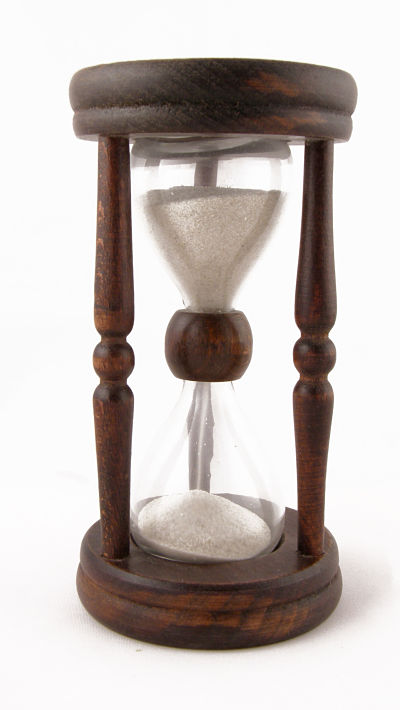 Many couples put off going to marriage counselling for too long. The result can be a much more difficult process and sometimes the relationship has deteriorated beyond rescue. This blog post looks at when we know it’s time to go and why it’s important not to leave it too long.
Many couples put off going to marriage counselling for too long. The result can be a much more difficult process and sometimes the relationship has deteriorated beyond rescue. This blog post looks at when we know it’s time to go and why it’s important not to leave it too long.
The average time it takes a couple to come to seek therapy when they know their relationship is in trouble is 6 years. Contrast this with the 30 minutes it takes people to respond to chest pains or the 30 days it takes women to make a doctor’s appointment when they feel a lump in their breast (Gottman, 1997).
Now, I get that a heart attack isn’t exactly comparable to relationship difficulties, but I think it’s important to remember a couple of things. Firstly, unhappy relationships create a great deal of stress and misery for all of the people surrounding the relationship (including any children who have to live with arguments and bad feeling). Stress has a direct link to our physical health. It lowers our immune response leaving us open to coughs, colds and other infections and it is shown to increase the chances of serious medical situations like heart attacks. Secondly, you can imagine how difficult it is going to be to undo six years’ worth of conflict. It’s not hopeless, couples counselling can have a very positive effect on any relationship if both partners get stuck in, but, well I’m sure you are getting my point here!
So what signs can you look out for that may indicate that you may need help?
-
Communication breaks down. You seem to be having the same old arguments again and again and are not resolving anything.
-
The bond of trust seems to have eroded. This could be as a result of jealousy from one partner or a suspected affair.
-
One or both partners are continually becoming ill or depressed. This may be an indication that the loving support that is expected to exist in a relationship has gone.
-
Sex is no fun or has stopped. Sex is an important part of an intimate relationship. It allows partners to bond and feel close to each other. If that has gone the relationship may be at risk.
-
Violence within the relationship. This could be from either partner and is very serious. Always treat your personal safety as a priority.
If one or more of the issues above are present in your relationship then it might be time to ring a couples counsellor and sort the problem out. Don’t wait until you have a dead marriage or struggling relationship, grab the bull by the horns and tackle the problem together early before it gets too big.
If you wish to make an appointment with me, ring 07966 390857.
Gottman, J. (1997). A scientifically based marital therapy: A 12 hour video course with extensive notes and handouts. Seattle, WA: Seattle Marriage and Family Institute.
 Many people are unsure of what to expect when they come for couples counselling. In this post I will outline what you can expect if you work with me at Manchester Psychotherapy. I use Imago Relationship Therapy in all my sessions. Imago Relationship Therapy presumes that you are both OK, you both have needs that you are trying to get met, and that you are
Many people are unsure of what to expect when they come for couples counselling. In this post I will outline what you can expect if you work with me at Manchester Psychotherapy. I use Imago Relationship Therapy in all my sessions. Imago Relationship Therapy presumes that you are both OK, you both have needs that you are trying to get met, and that you are  In this series of article I have been discussing my view of the
In this series of article I have been discussing my view of the